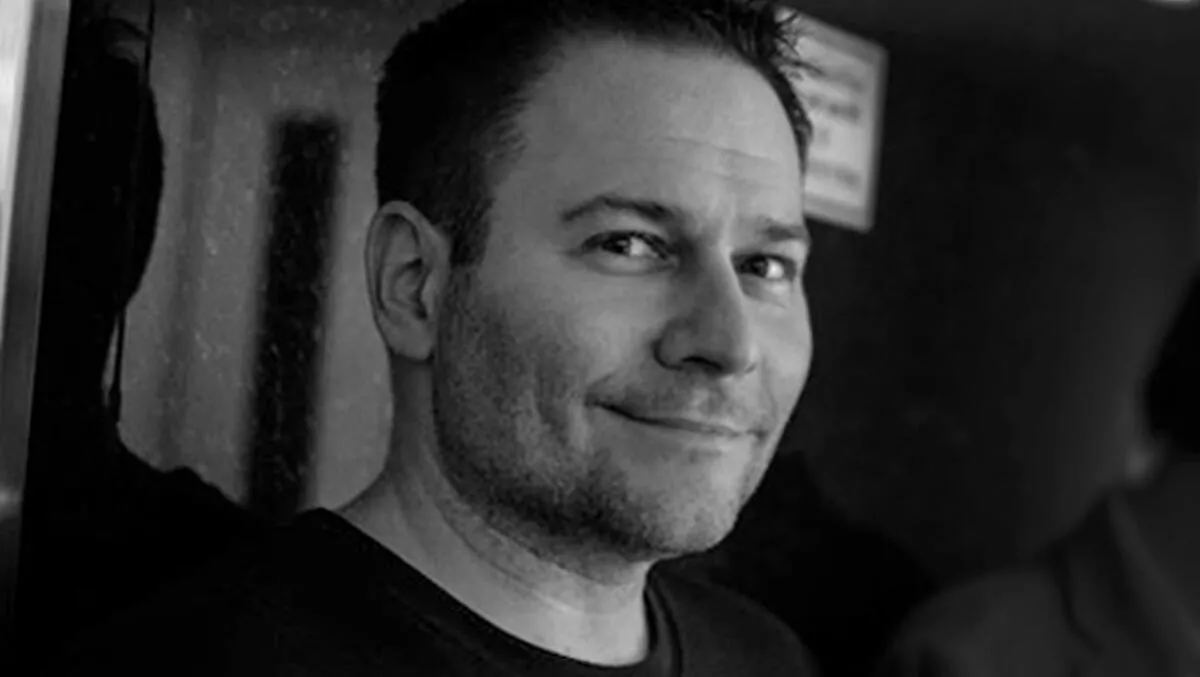
Microsoft MVP: Being your own boss is difficult
"Keeping your discipline is the hardest part," admits Stephen Forte, Chief Strategy Officer of the venture back company Telerik.
Speaking to TechDay during the Microsoft's NZ Tech Ed conference earlier this month, Forte was quick to admit being your own boss comes with difficulty.
Co-founder and executive director of AcceleratorHK, Hong Kong's first start-up accelerator, Forte chatted in-depth about his experience of building companies from the ground up, offering a rare insight into the start-up industry.
"From a basic viewpoint, keeping the focus is difficult," admits Forte, who is a Microsoft MVP. "As always with start-ups, there will be an early period of a lot of work but little return.
"This is when it's crucial to keep concentration and remember the long-term aim."
Involved in several start-ups, Forte was the co-founder of Triton Works, CTO and co-founder of Corzen, CTO of Zagat Survey, co-founder of the New York-based software consulting firm The Aurora Development Group.
With a vast experience spanning across the world, Forte believes the fundamentals of starting up shop remain the same.
"It has to be very deadline driven to work," he says. "Start-ups need to draw on the structures of modern organisations by adhering to a deadline environment and accountability among staff."
Joking that he has "never had a real job", Forte spent his first year following graduation working on Wall Street, when he discovered IT, beginning his love affair with database programming in the process.
But when beta testing Windows 95, the penny dropped, leading to a dramatic shift in career.
"I was working at a bank beta testing Windows 95 but the bosses said they wouldn't be shifting to Windows until at least 1998," he says.
"That's when I quit.
"I went into consulting because I wanted to make my own technology choices, and I suppose, the rest is history."
Running a 14-week accelerator program in Hong Kong, Forte takes between six to ten companies at a very early stage, investing anywhere between US$15,000-$25,000 in a bid to turn ideas into investment.
"It's more or less the same formula for each company," admits Forte, who provides companies with weekly mentors and workspace during the period.
"At the end of the program we have Demo Day, which requires all groups to present in front of a room full of investors.
"And it's this deadline which focuses these guys like a laser, which is why accelerators are so popular because being your own boss is difficult, especially for the younger generation."
Claiming that accelerators focus companies and gives them realistic and achievable targets, Forte admits it can be frustrating at times, watching ideas being thrown around board rooms without little progress - hence why he extended the program by two weeks.
"The first fortnight are a waste of time from an investor point of view," he says. "But once the ideas have been thrashed out the 12 week period to Demo Day really focuses the teams."
But what is most interesting admits Forte, is that once the program finishes, the teams go quiet.
"Without fail, teams go dark for three weeks or so after the finish because the deadline environment is lost," he says.
"So now we check-in every 30 days to keep the concentration and give the groups targets to work towards."
Dismissing critics of the program, Forte simply concludes: "Our job is to focus teams and give them an invaluable trait which stays with them forever."
To read more from Stephen Forte, check back to TechDay.com next Wednesday.
Is being your own boss difficult? What are the biggest challenge facing your start-up company?

